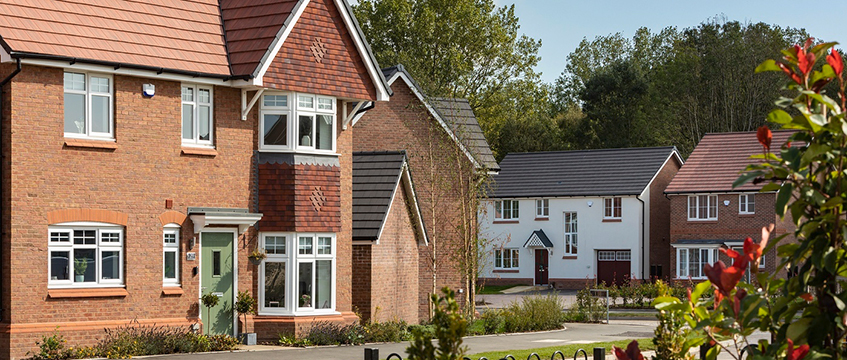Countryside targets 5,000 MMC homes a year
Countryside has committed to delivering half its housing output using modern methods of construction by 2025.
The housebuilder’s pledge should see it develop around 5,000 homes a year as it races to hit a 9,500-home target by 2023.
Countryside is driving forward its modular housing development following a £30m investment and expansion to a second factory.
Countryside has committed to delivering half its housing output using modern methods of construction by 2025.
The housebuilder’s pledge should see it develop around 5,000 homes a year as it races to hit a 9,500-home target by 2023.
Countryside is driving forward its modular housing development following a £30m investment and expansion to a second factory.
The target is an ambitious goal given the struggles other companies have faced in attempts to scale MMC.
Many have reported consistent losses amid high upfront costs and lack of land or housing pipeline. L&G Modular Homes, which launched in 2016, is on track to deliver 500 homes a year and Swan Housing has capacity for 1,000 homes a year from two Basildon factories.
Countryside has set the goal as part of a new sustainability agenda amid large changes at the FTSE 250 builder.
The company recently appointed a new chairman and is pursuing a strategy to grow its partnerships business. It is also dealing with ongoing activist shareholder pressure to sell the housebuilding division.
At the end of last year, Countryside revealed plans to double its housing output from 4,053 in 2020 to 9,500 homes by 2023, of which 8,000 would be via its partnerships frameworks. It has agreements with partners including Goldman Sachs and Places for People to deliver thousands of homes. Alongside this, it committed to tripling its margin to 15-16% and raising ROCE to over 30%.
The housebuilder already has a factory in Warrington which is able to build 1,000 homes annually. It will open a second facility in Leicester in the East Midlands this summer, with capacity for a further 5,000 homes a year.
Countryside estimates that the modular homes produce 25% less carbon. The developer is also testing solutions to build net zero carbon homes by 2025.
The company’s new sustainable agenda will see it also aim to deliver 10,000 affordable homes by September 2025, which is the end of its financial year.
The 25-point plan includes other commitments including planting 250,000 trees, a 10% net biodiversity gain and generating 30% in social value through access to amenities and community initiatives.
Group chief executive Iain McPherson said: “At Countryside, we have a coveted history of partnership and collaboration. Having already joined the HBF Future Homes Task Force, we want to build on this by working closely with our partners, supply chain, local communities and industry colleagues to tackle these far-reaching and complex issues together, ensuring we create the positive impact and outcomes we are aiming for.”
To send feedback, e-mail emma.rosser@eg.co.uk or tweet @EmmaARosser or @EGPropertyNews











